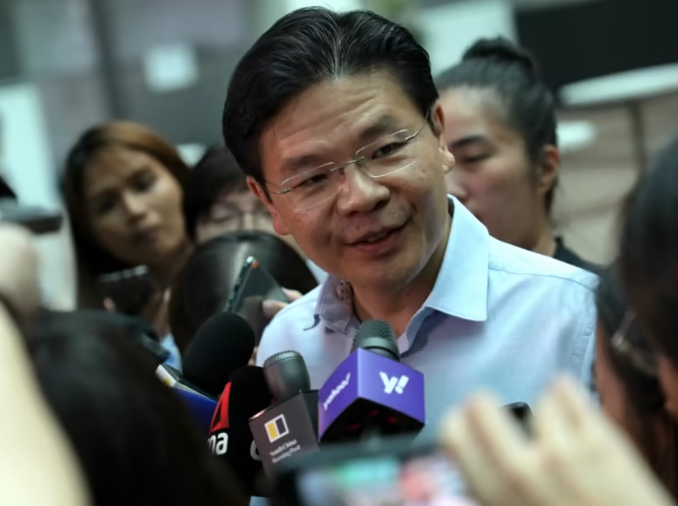Insights and Key Lessons from the Pandemic
Deputy Prime Minister Lawrence Wong, in a recent interview on March 7, acknowledged that with the knowledge gained from the Covid-19 pandemic, many decisions made by the government would have been approached differently. However, he pointed out that it was impossible to foresee the complexities of the situation when the pandemic first emerged.
Wong shared that the government had to navigate through a “fog of war,” making crucial decisions with limited information. These decisions, he explained, involved intense debates and difficult trade-offs. Despite these challenges, the government made the best possible choices given the circumstances at the time.
When asked whether Singapore could have fared better, Wong mentioned that, in hindsight, the country could have reduced spending, minimized fatalities, and lessened the disruption experienced. However, he emphasised that the government did not have perfect information when the crisis first began.
Wong, who also serves as the Finance Minister, responded to questions about the government’s Covid-19 performance by referencing a White Paper released on March 8. The paper consolidates various findings, including lessons from after-action reviews and perspectives from government agencies. It highlights successes such as strengthening healthcare resilience, supporting businesses, and vaccinating the population, while also noting areas for improvement.
One key area of difficulty was the outbreak within migrant worker dormitories. Wong described this as a significant challenge, which, with the help of the Singapore Armed Forces, was managed effectively. Additionally, the government could have been more aggressive in closing borders early on and better communicated the use of TraceTogether data.
Wong also pointed to the importance of vaccinations in Singapore’s successful exit from the pandemic. He remarked on the country’s comprehensive vaccine strategy, including procurement, distribution, and communication efforts, which contributed significantly to the country’s recovery.
Reflecting on what could have been done differently, Wong suggested that the government could have done more to promote community-led efforts in creating face masks during the early stages of the pandemic when there was a shortage of surgical masks. He acknowledged that, had the risks of asymptomatic transmission been fully understood from the outset, a more expansive campaign could have been launched to encourage these initiatives.
Looking ahead, Wong stressed the importance of not becoming complacent in preparing for future pandemics. He stated that while Singapore has learned valuable lessons from Covid-19, future crises will present different challenges, and the government must remain adaptable and avoid rigid thinking.
Ultimately, Wong concluded that Covid-19 was a complex and evolving challenge, but one from which Singapore can draw valuable insights for future preparedness.








